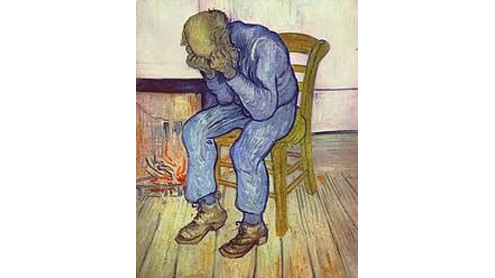
Washington: Computerised avatars can help young adults who are reluctant to seek therapy for mental health problems because of the stigma and inadequate insurance coverage.
A preliminary study by researchers at Case Western Reserve University suggests that depression levels may be significantly lowered when 18- to 25-year-olds interact with computerised avatars of healthcare providers.Such avatars are virtual 3D images of a nurse practitioner or physician as a way to rehearse office visits ahead of time and learn self-management skills, the journal Applied Nursing Research reports.
Melissa Pinto, clinical research scholar at Case Western Frances Payne Bolton School of Nursing, says the study was the first to her knowledge to use an avatar-based intervention for this age group to ease depressive symptoms.Pinto used a Case Western-designed virtual programme, called eSMART-MH, adapted from a previous platform (eSMART-HD) designed by the team to help adults with chronic health problems manage their health, according to a Case Western statement.
eSMART-MH walks young adults through healthcare appointments with an avatar healthcare provider in virtual primary care office setting. During these visits, young adults practice talking about depression, ask avatar healthcare providers questions and learn self-managements skills to help manage depressive symptoms.
At this age, a majority of young people do not make contact with mental health providers until years after they first experience depressive symptoms.Those who do seek professional help may go to their first few appointments, but stop going soon after, said Pinto, who has studied mental health interventions in adolescents and young adults for six years.”We are very early in the science. We look forward to assessing the eSMART-MH again in a larger study of young people,” Pinto said. – KahleejNews












